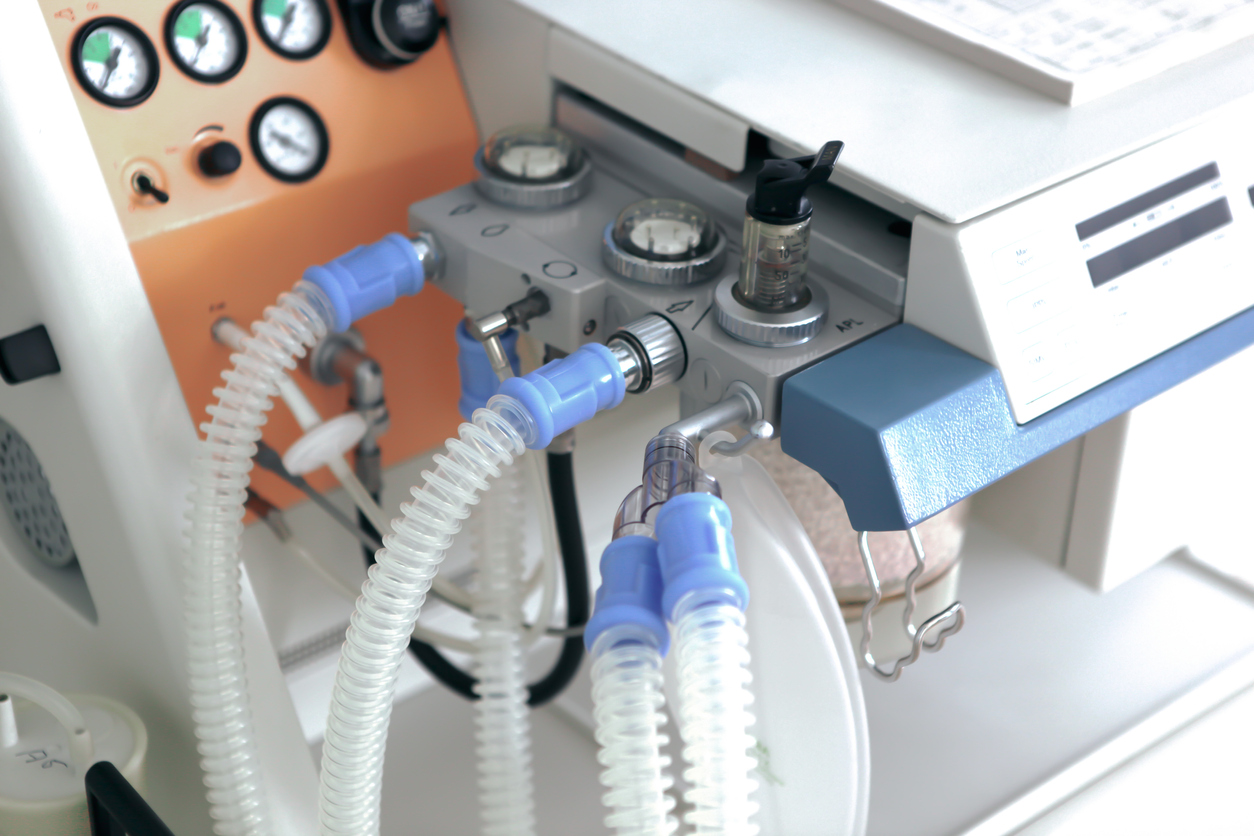The medical device industry operates under a complex web of regulations, with 21 CFR Part 820, commo...


The medical device industry operates under a complex web of regulations, with 21 CFR Part 820, commo...

FDA’s Center for Drug Evaluation and Research (CDER) recently released a white paper, marking a sign...

In March and April 2020, the Food and Drug Administration (FDA) issued guidance aimed at expanding t...

Due to the limitations inflicted by the pandemic, Remote Interactive Evaluations (RIEs) are becoming...

Since the start of the COVID-19 pandemic, the FDA has had to adjust its approach to in-person inspec...

The medical device industry is already feeling the effects of the Artificial Intelligence (AI) revol...

Medical device labeling changes are made for a wide array of reasons. When a manufacturer makes chan...

For FDA (U.S. Food and Drug Administration)-regulated industries, organizations, and projects, the i...

Medical devices undergo a strict and rigorous evaluation by the Food & Drug Administration (FDA) to ...

Your regulatory strategy determines whether your 510(k) submission clears the FDA or dies on the vin...